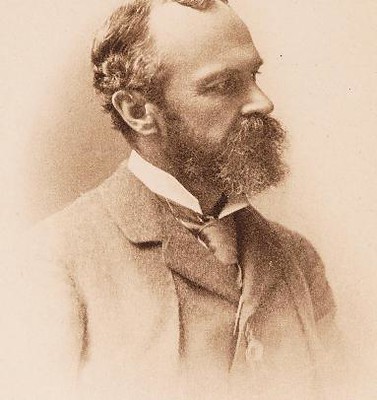Pragmatism
- Tina Qin
- Sep 18, 2021
- 1 min read
Pragmatism is often regarded as a quintessential American philosophy. In fact, the three leading pragmatist philosophers were all Americans.
From left to right: Charles Sanders Peirce (1839-1914), William James (1842-1910), and John Dewey (1859-1952)
William James describes pragmatism as the marriage between the “tender-minded” approach, which tends to be idealistic, religious, and freedom-loving, and the “tough-minded” approach, which tends to be empirical, materialistic, and grounded in sensations. Pragmatism is, therefore, “a philosophical method that is firmly anchored in empirical facts, while being open to, rather than dismissive of, moral and religious values.”
Pragmatists judge the merit of ideas “primarily by their fruits and consequences, not by their origins or their relations to antecedent data or facts.” They consider an idea true if it does not contradict known facts and is useful in fulfilling a certain function competently. Moreover, pragmatists readily replace an idea when it is no longer the most fruitful in fulfilling its function. In the same vein, pragmatists often reject ideas and propositions that are unpractical. Due to their emphasis on ideas’ practicality, pragmatists rarely ponder metaphysical and epistemological questions like does God exist, do we have free will, how is knowledge acquired. Instead, pragmatists are more interested in ethics and logic, studying how we ought to act and reason.
To learn more about pragmatism, check out this video approaching pragmatism as a method.
Ref:









Comments